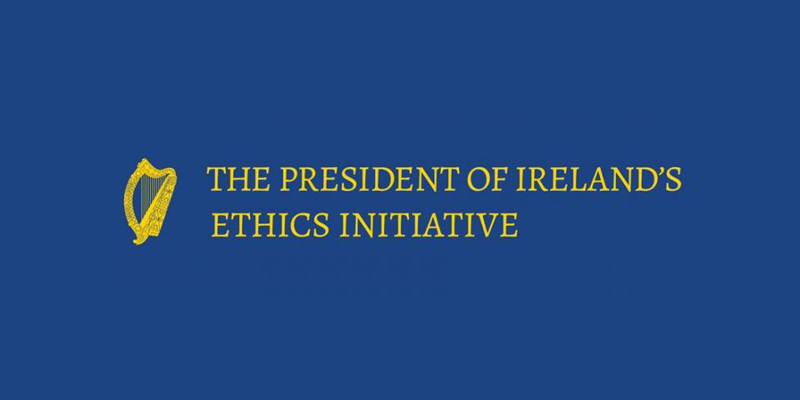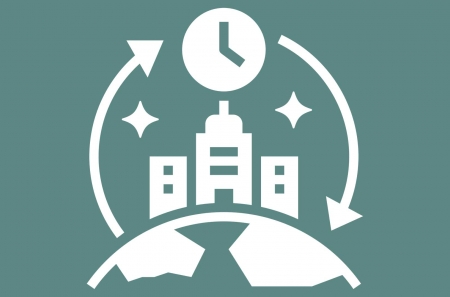
Dr Andrew Power: The Ethics of Privacy For The Online Citizen
24 April 2015Dr Andrew Power is the Head of the Faculty of Film, Arts and Creative Technologies at the Institute of Art Design and Technology (IADT). IADT is the leading Irish educator in art, design and media, harnessing synergies between design thinking and technological innovation. Having originally qualified as an Engineer, Andrew completed further studies in Music, Business Administration, Art History, Education, and in 2013 completed a Doctorate in Governance from the School of Law in Queens University Belfast. Andrew is an active researcher in the area of technology and society and has authored or co-authored three books, seven book chapters, and numerous articles in the last four years.
Privacy, and our changing attitude to it, is becoming an increasingly important and contested subject with advances in digital technologies in general, and social media in particular.
Privacy is not an absolute but rather a relative term, with different meanings and levels of importance for different people. For some, like Facebook founder Mark Zuckerberg, the notion of privacy is outdated; he has been quoted as saying that “privacy is no longer a social norm”. The “privacy paradox” – users of technologies such as the internet expressing concern about their privacy, while exhibiting behaviour in opposition to this concern – is also of interest.
Many modern technologies and applications require the sharing of private information (such as location) in order to function effectively. Debates about how this information is collected and shared with third parties, such as governments and their agencies, are gathering momentum. Techniques such as data modelling, data mining and data visualisation are now used in every field from retail to national security and depend on declining popular concerns about privacy in order to be effective.
There are pressing issues related to the erosion of privacy, including identity theft, surveillance and the increased tension between our personal and professional lives. Consideration of these, combined with research on the efficacy of our decision making under conditions of uncertainty, can provide insights into our attitudes to security and risk management.
The attitudes of the state and of agencies such as the Data Protection Commissioner are important fields for ethical studies. In an environment where all digital data is effectively public and permanent, is the very expression “data protection” an oxymoron? Increasingly, the question of privacy is less about an external individual or organisation impinging on our privacy and more about change in society’s attitude leading individuals to give personal information away freely. One could argue that with every interaction on a Smartphone the user exchanges their privacy for access to a service. In a climate where users of technology routinely accept user agreements and terms and conditions with the click of a mouse or the swipe of a finger in order to access the most mundane of services, individual rights and assumptions of privacy are being voluntarily, if perhaps unknowingly, surrendered as a matter of course.
Privacy was once inward looking: it was internal. Privacy needed to be protected; we used expressions such as “invasion of privacy” in the sense that there were external threats to our internal space. Privacy is now an externally traded commodity. It is no longer a default; it is no longer the assumed norm. In many scenarios, and in particular online, we are now treated as public figures. We must select from a menu of options in order to choose which elements we do not wish to share. Openness is the assumed default.
As is often the case, this behavioural shift is ahead of the curve of the political, regulatory and legal environment. In order to catch up, an understanding of the ethical shift of the online citizen is critical.
About This Series
This opinion series explores what ethics currently means to Irish researchers across a variety of disciplines and was led by the RIA Committee for Ethical, Political, Legal and Philosophical Studies and was a contribution to President Higgins’ Ethics Initiative in 2014/15.
The views and opinions expressed by authors are their own and do not reflect the position of the Academy, but are simply an illustration of the various opinions reflective of the diverse Academy Committee membership.
Ethics Initiative
The President of Ireland’s Ethics Initiative is the second in a series of public seminars and reflections that President Higgins is holding during his term of office. This series aims to explore, throughout all aspects of society, the topic of ethics and the challenge and invitation of living ethically.


